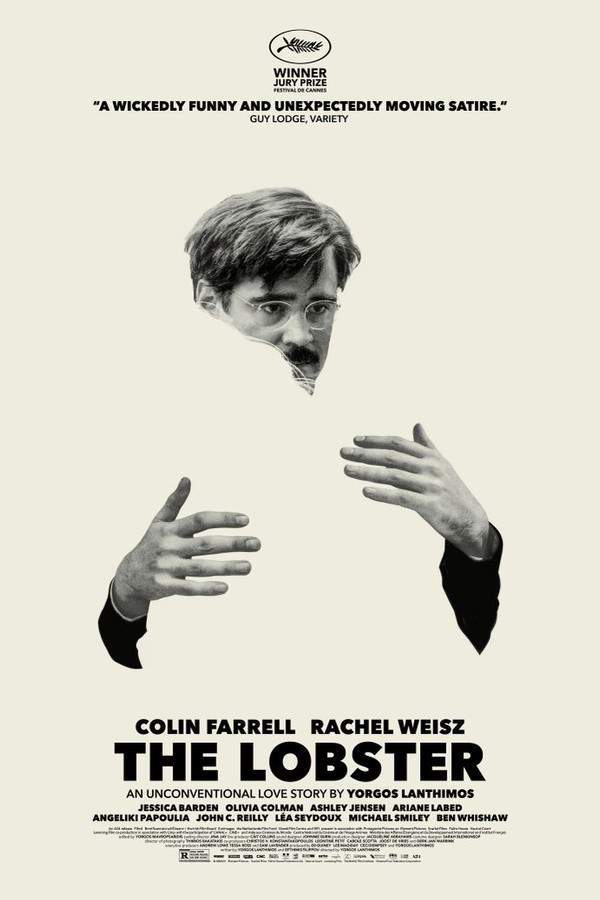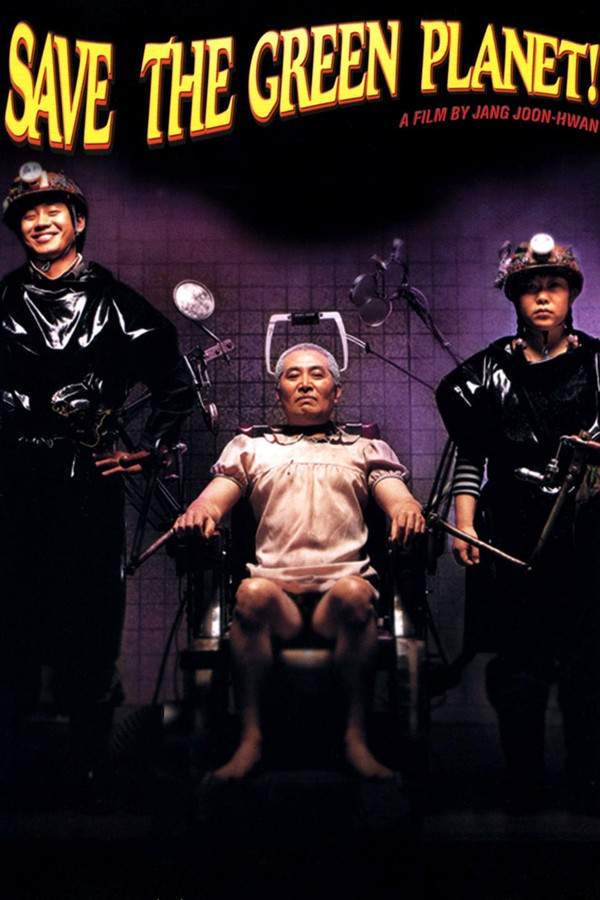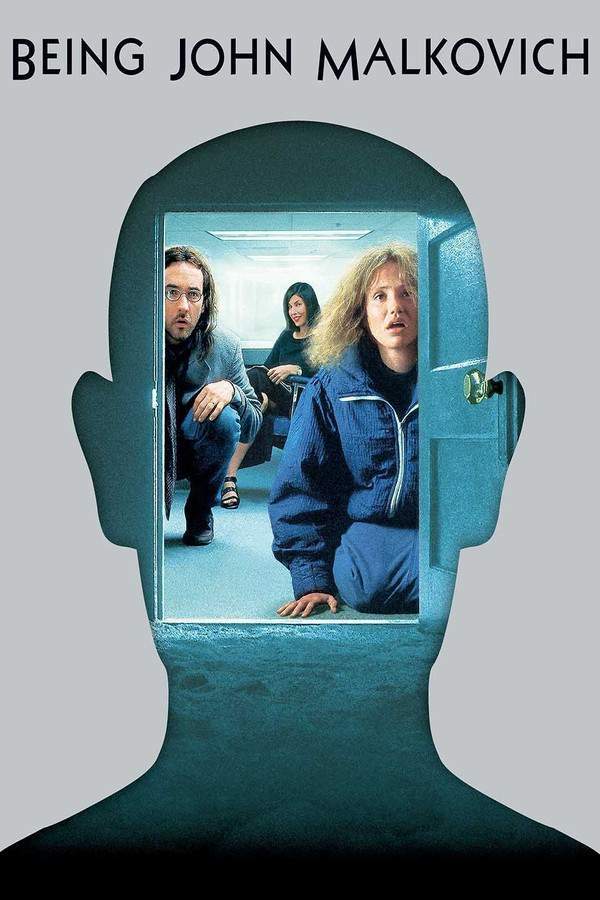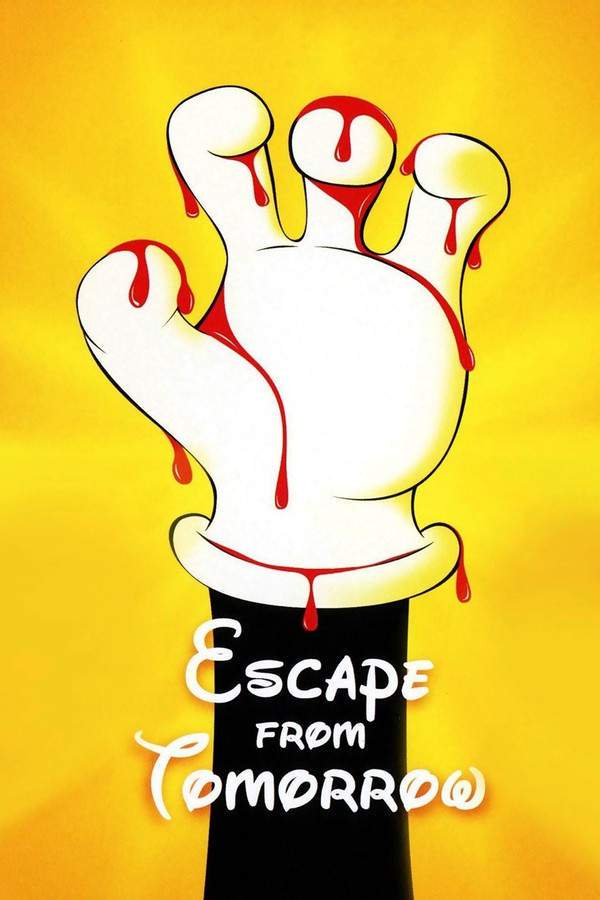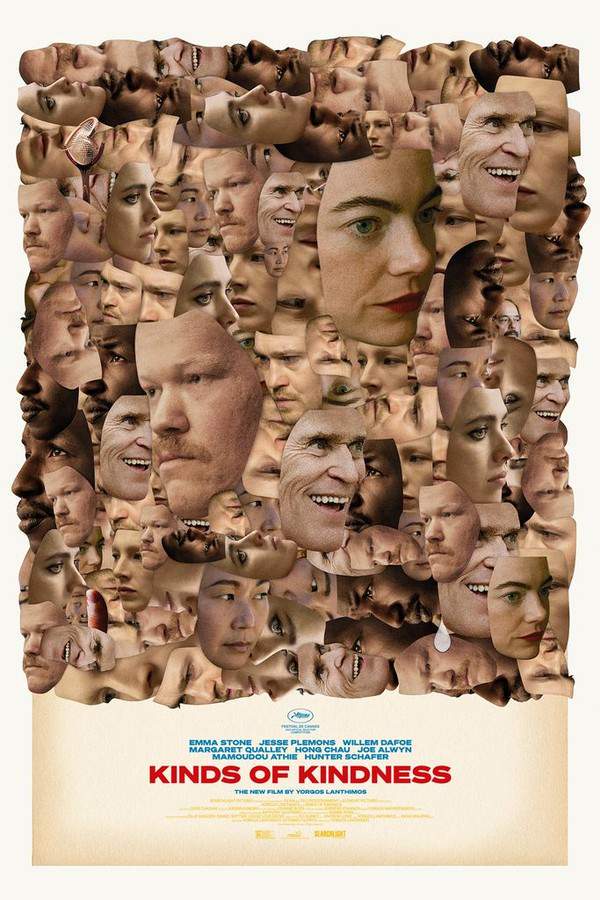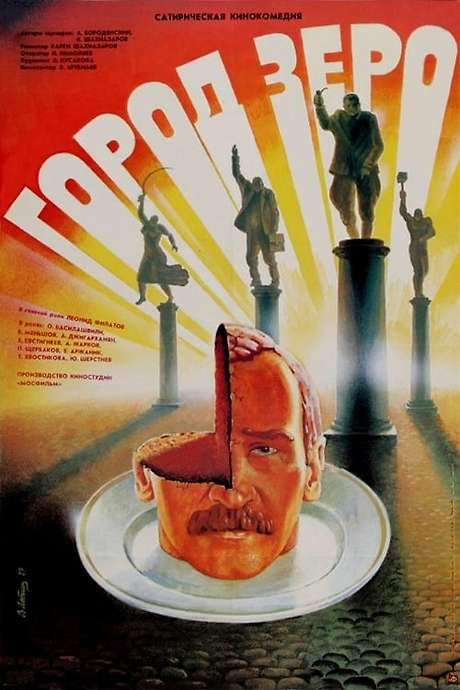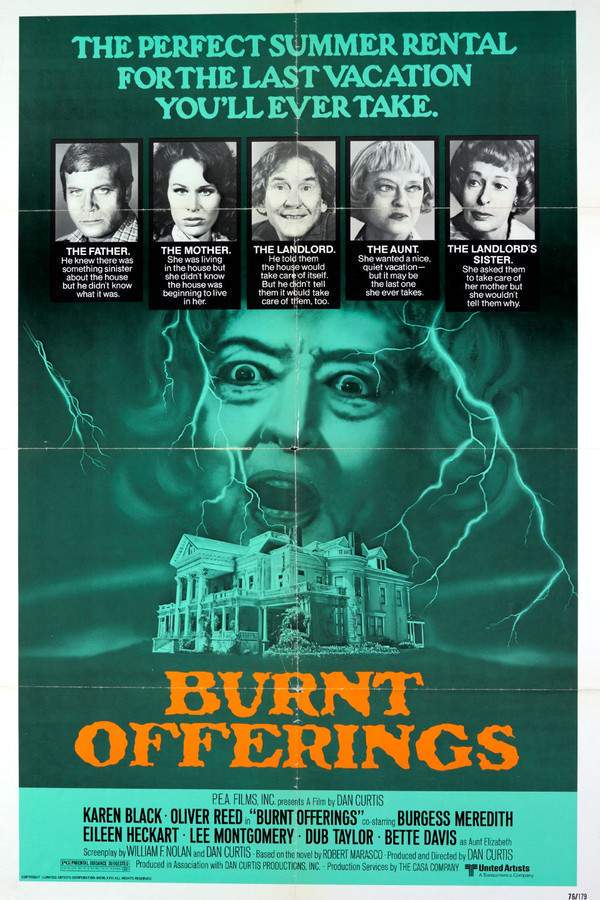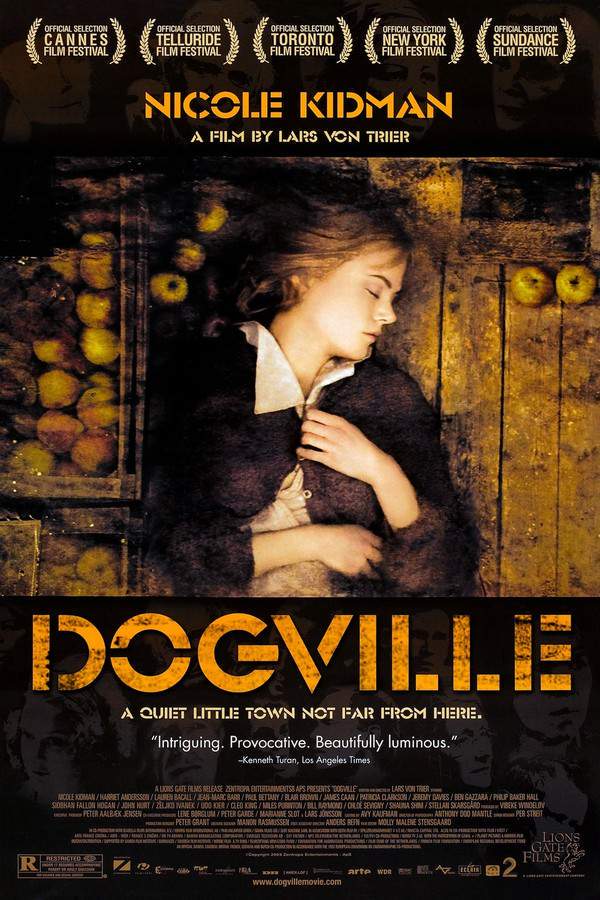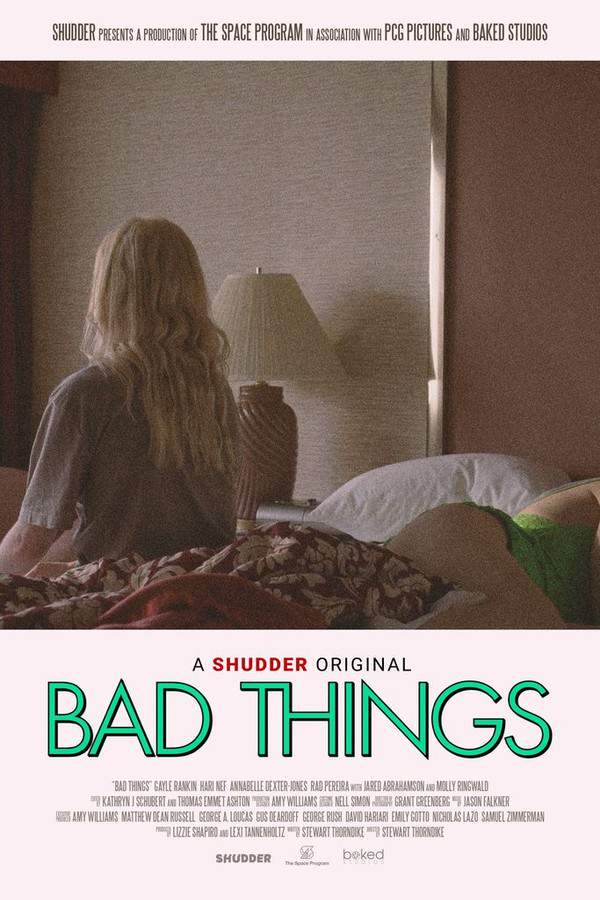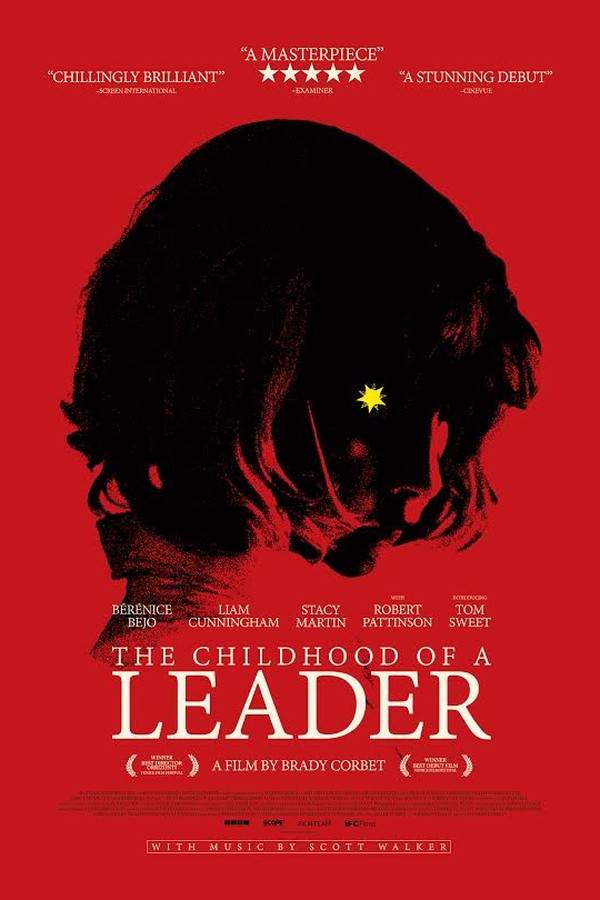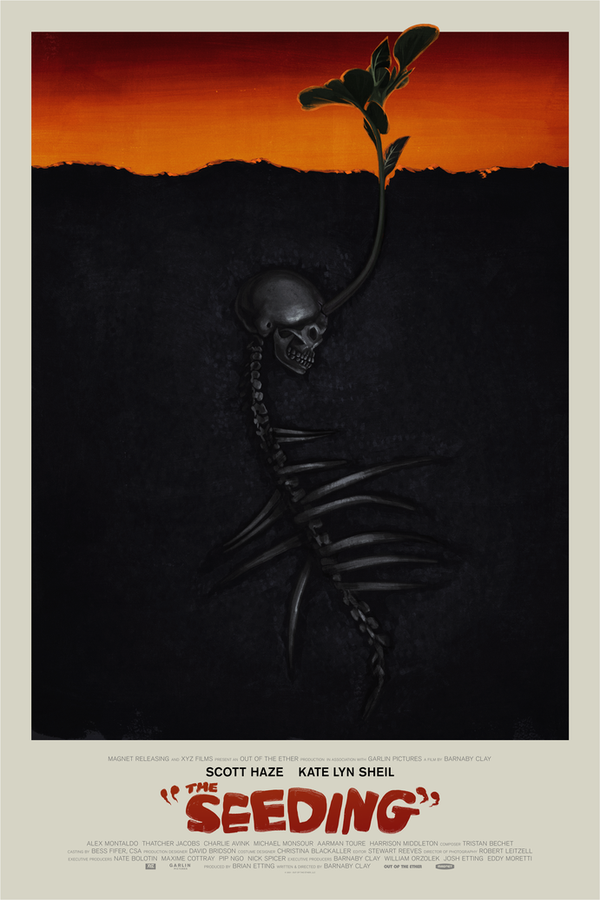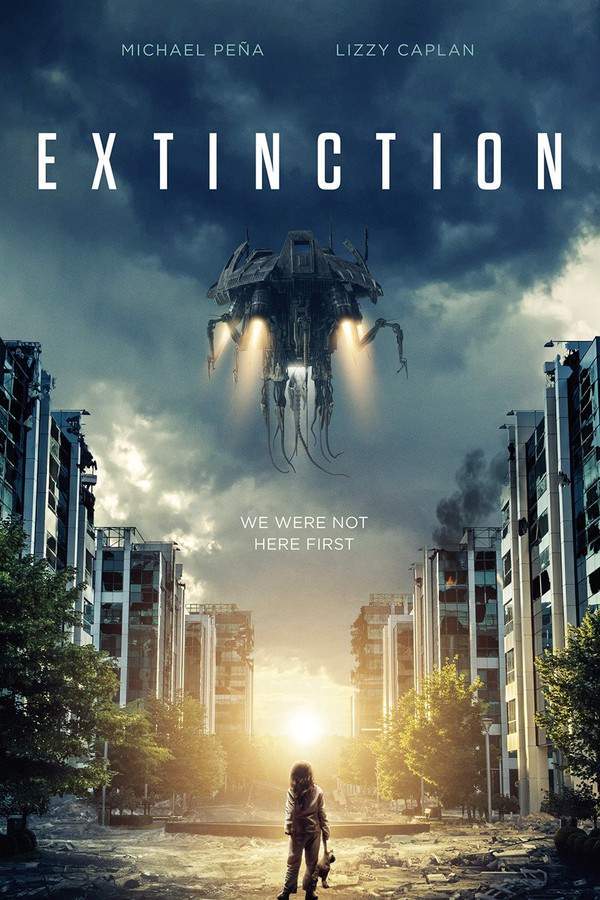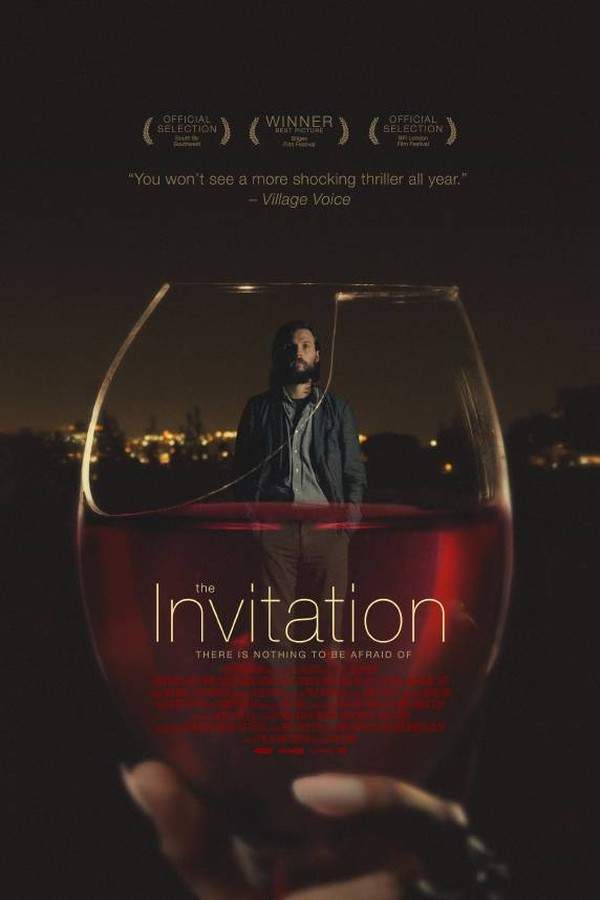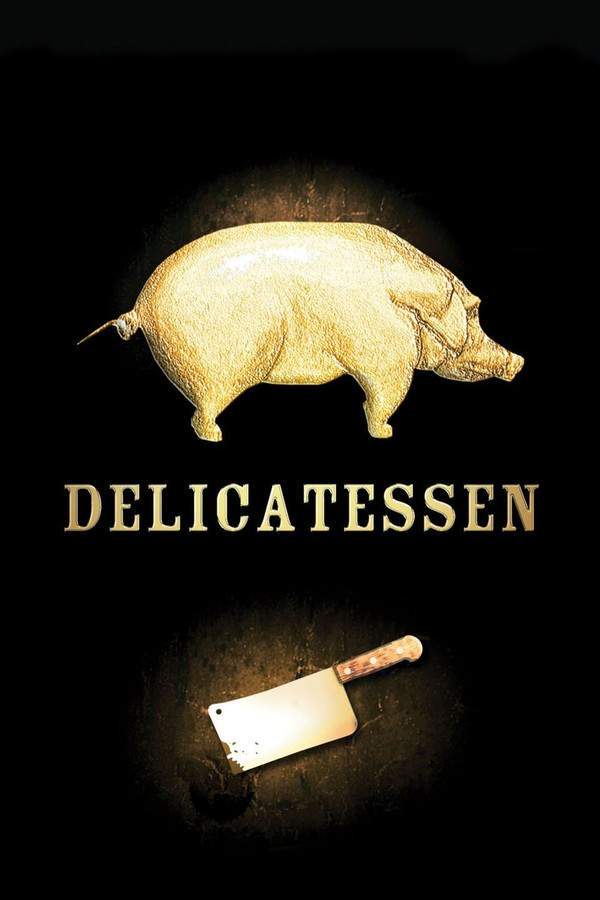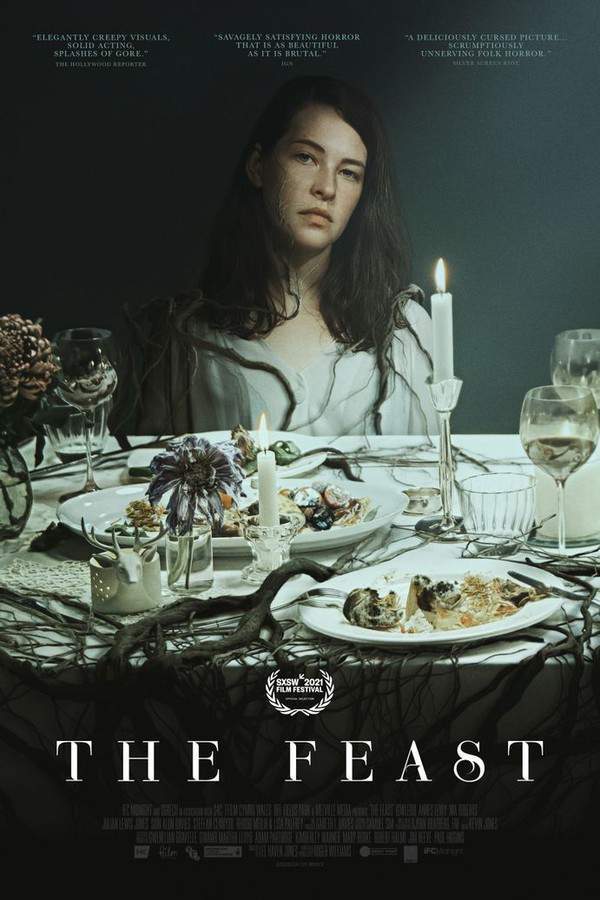
The Exterminating Angel
Year: 1962
Runtime: 93 mins
Language: Spanish
Director: Luis Buñuel
A seemingly ordinary high‑society dinner turns surreal when, after retiring to the host’s music room, the guests discover they cannot exit. As minutes stretch into hours, polite facades crumble, exposing the pretensions and moral decay of the bourgeois circle trapped in an inexplicable, claustrophobic stasis.
Warning: spoilers below!
Haven’t seen The Exterminating Angel yet? This summary contains major spoilers. Bookmark the page, watch the movie, and come back for the full breakdown. If you're ready, scroll on and relive the story!
The Exterminating Angel (1962) – Full Plot Summary & Ending Explained
Read the complete plot breakdown of The Exterminating Angel (1962), including all key story events, major twists, and the ending explained in detail. Discover what really happened—and what it all means.
After a night at the opera, Edmundo Nóbile and Lucía Nóbile host eighteen wealthy acquaintances at a dinner party inside their expansive mansion. The mood starts with a subtle unease: the family’s servants inexplicably begin to leave just as the guests are about to arrive, and by the time the meal ends, only Julio, the loyal majordomo, remains within the halls. Lucía had planned a playful surprise involving a bear and three sheep, but she calls it off when she learns that guest Sergio Russell dislikes jokes. Yet strange, almost ritual-like patterns begin to surface: guests drift upstairs in a way that feels preordained, Edmundo repeats a toast dedicated to the opera singer, and Cristián Ugalde and Leandro Gomez greet one another three times in increasingly odd permutations—as strangers, cordially, and then with obvious antagonism.
As the party dissolves into a more intimate lounge, the partygoers mingle before settling into the salon to listen to Blanca perform a Paradisi keyboard sonata. When she finishes, Blanca announces she’s tired, and several others speak of going home, yet no one does. Instead, without discussion, the guests and hosts remain, occupying the salon through the night and effectively trapping Lucía from slipping away for a clandestine meeting with Colonel Álvaro Aranda. The sense of enclosure deepens into a peculiar social trap, where manners mask a growing agitation and a sense that time itself has become negotiable within these walls.
Morning reveals a troubling turn: [Sergio Russell] is unconscious, and the house’s rhythm of gentility gives way to a creeping panic. The group ponders why no one tried to leave the night before, and a few attempt to cross the salon threshold only to retreat in distress. When [Julio] returns with leftovers for breakfast, he too finds himself trapped and unable to exit. By evening, the tension has swollen into a survival drama: a shared shortage of clean water, a closet repurposed as a toilet, and voices rising in blame. Raúl points a finger at Eduardo, but Leticia defends Edmundo and the host’s hospitality, as if the social contract of civility could somehow withstand collapse.
Tragedy compounds the predicament: Sergio dies during the night, and the gravity of death compels a harsh decision. Dr. Carlos Conde, along with Álvaro, decides to hide the corpse, an act that marks a turning point in their fragile moral calculus. The outside world gathers—a crowd of onlookers, police, and soldiers—yet no one can enter the mansion, as if an invisible barrier seals the estate from the outside. Inside, the trapped guests siphon water from a pipe in the wall and watch the clock of civilization tick away, their civility fraying as illness spreads and opiates, hoarded by a few, become a dangerous luxury.
In a particularly stark moment, the trio of sheep and the roaming bear materialize within the mansion, a surreal reminder of the boundary between civilization and wild impulse. Eduardo and Beatriz, a young engaged couple, take a tragic step and kill themselves in a closet, a blow that shatters the remaining pretenses of order. As days pass, all of the Nóbiles’ servants return to the mansion, perhaps drawn by the same forces that hold the guests in place. Raúl influences most of the others to believe that their fate will hinge on Edmundo’s death, a thought that accelerates the unraveling of the party’s fragile ethics.
Dr. Conde tries to reason with the increasingly unstable group, and a confrontation erupts, aided by Álvaro and Julio. In a moment of perilous tension, Edmundo emerges from a private space they have begun to inhabit, offering to take his own life. Leticia, perceptive as ever, urges restraint and realizes there is a pattern to the night: the positions of people and furniture align with the moments of the party’s past speech. She has Blanca reprise the ending of the piano sonata, and the group calmly retraces the conversation that followed, as if a chorus could re-script a night that had spiraled beyond their control. This time, when Blanca speaks of exhaustion, the assembly files out of the salon and through the gates, stepping into the outside world and finding a path toward freedom.
Outside, the crowd’s cheers are tempered by a sobering irony: the cathedral becomes a stage for a collective act of thanks, a Te Deum service that feels both celebratory and hollow. Yet the afterglow is short-lived, for the aftermath reveals another cruel twist of fate. Neither the clergy nor the congregants can leave the cathedral, and the military, in a bleak echo of the day’s earlier dread, fires on a group of people waiting in front of the church. Amid the chaos, a flock of sheep reaches the cathedral itself, turning a religious space into a surreal tableau that underscores the film’s relentless meditation on civility, power, and the fragility of social order.
In the end, the night’s puzzling repetitions, the coercive social dynamics, and the collapse of boundaries between host and guest converge into a grim cautionary tale. The mansion becomes a microcosm of a society where luxury and ritual can mask coercion, fear, and complicity, and where the most ordinary acts—sharing a meal, listening to music, stepping into a closet to hide from the world—reverberate with consequences that extend far beyond the walls of the mansion.
Last Updated: October 09, 2025 at 10:52
Explore Movie Threads
Discover curated groups of movies connected by mood, themes, and story style. Browse collections built around emotion, atmosphere, and narrative focus to easily find films that match what you feel like watching right now.
Allegorical Confinement Stories Like The Exterminating Angel
Characters are confined by inexplicable forces, exposing their true nature under pressure.Explore movies like The Exterminating Angel where characters are trapped in a symbolic situation. These films use high-concept premises to create social parables about class, civilization, and the fragility of human nature under duress, often with a surreal or satirical edge.
Narrative Summary
A group or individual finds themselves inexplicably confined within a specific space or situation. The narrative focuses not on escaping the trap, but on the psychological and social breakdown that occurs within it, using the scenario as a direct critique of societal structures.
Why These Movies?
Movies in this thread are grouped by their shared premise of a metaphorical prison. They prioritize thematic exploration over plot-driven escape, creating a claustrophobic atmosphere that serves as a laboratory for dissecting human nature and social hypocrisy.
Bleak Satires of Societal Collapse Like The Exterminating Angel
Witness the gradual, inevitable breakdown of order and civility from within.If you liked The Exterminating Angel's depiction of civilizational decay, discover similar movies. These stories explore the slow, surreal, or systematic unraveling of social order, often within a confined group, emphasizing existential dread and the fragility of modern life.
Narrative Summary
The story follows a contained group or system as its established rules and niceties progressively disintegrate. The pacing is deliberate, focusing on the unsettling details of the decline rather than a swift, external catastrophe, ultimately questioning the very foundations of civilization.
Why These Movies?
This thread unites films that share a profound pessimism about societal structures. They feature a slow-burn narrative where the primary conflict is the internal rot of a community, resulting in a heavy, contemplative, and often surreal viewing experience about existential futility.
Unlock the Full Story of The Exterminating Angel
Don't stop at just watching — explore The Exterminating Angel in full detail. From the complete plot summary and scene-by-scene timeline to character breakdowns, thematic analysis, and a deep dive into the ending — every page helps you truly understand what The Exterminating Angel is all about. Plus, discover what's next after the movie.
The Exterminating Angel Timeline
Track the full timeline of The Exterminating Angel with every major event arranged chronologically. Perfect for decoding non-linear storytelling, flashbacks, or parallel narratives with a clear scene-by-scene breakdown.

Characters, Settings & Themes in The Exterminating Angel
Discover the characters, locations, and core themes that shape The Exterminating Angel. Get insights into symbolic elements, setting significance, and deeper narrative meaning — ideal for thematic analysis and movie breakdowns.

The Exterminating Angel Spoiler-Free Summary
Get a quick, spoiler-free overview of The Exterminating Angel that covers the main plot points and key details without revealing any major twists or spoilers. Perfect for those who want to know what to expect before diving in.

More About The Exterminating Angel
Visit What's After the Movie to explore more about The Exterminating Angel: box office results, cast and crew info, production details, post-credit scenes, and external links — all in one place for movie fans and researchers.

Similar Movies to The Exterminating Angel
Discover movies like The Exterminating Angel that share similar genres, themes, and storytelling elements. Whether you’re drawn to the atmosphere, character arcs, or plot structure, these curated recommendations will help you explore more films you’ll love.
Explore More About Movie The Exterminating Angel
The Exterminating Angel (1962) Scene-by-Scene Movie Timeline
The Exterminating Angel (1962) Movie Characters, Themes & Settings
The Exterminating Angel (1962) Spoiler-Free Summary & Key Flow
Movies Like The Exterminating Angel – Similar Titles You’ll Enjoy
Extinction (2018) Ending Explained & Film Insights
The Invitation (2016) Movie Recap & Themes
Delicatessen (1992) Complete Plot Breakdown
The Feast (2021) Full Movie Breakdown
About Endlessness (2019) Full Movie Breakdown
The Angel (1982) Story Summary & Characters
The Discreet Charm of the Bourgeoisie (1972) Ending Explained & Film Insights
An Angel for Satan (1966) Complete Plot Breakdown
The Exorciccio (1975) Full Summary & Key Details
The Devil’s Nightmare (1971) Ending Explained & Film Insights
Melancholie der Engel (2009) Spoiler-Packed Plot Recap
End of the World (1977) Complete Plot Breakdown
Ext. Car. Night (2024) Plot Summary & Ending Explained
Angel, Angel, Down We Go (1969) Spoiler-Packed Plot Recap
The World, the Flesh and the Devil (1959) Plot Summary & Ending Explained

